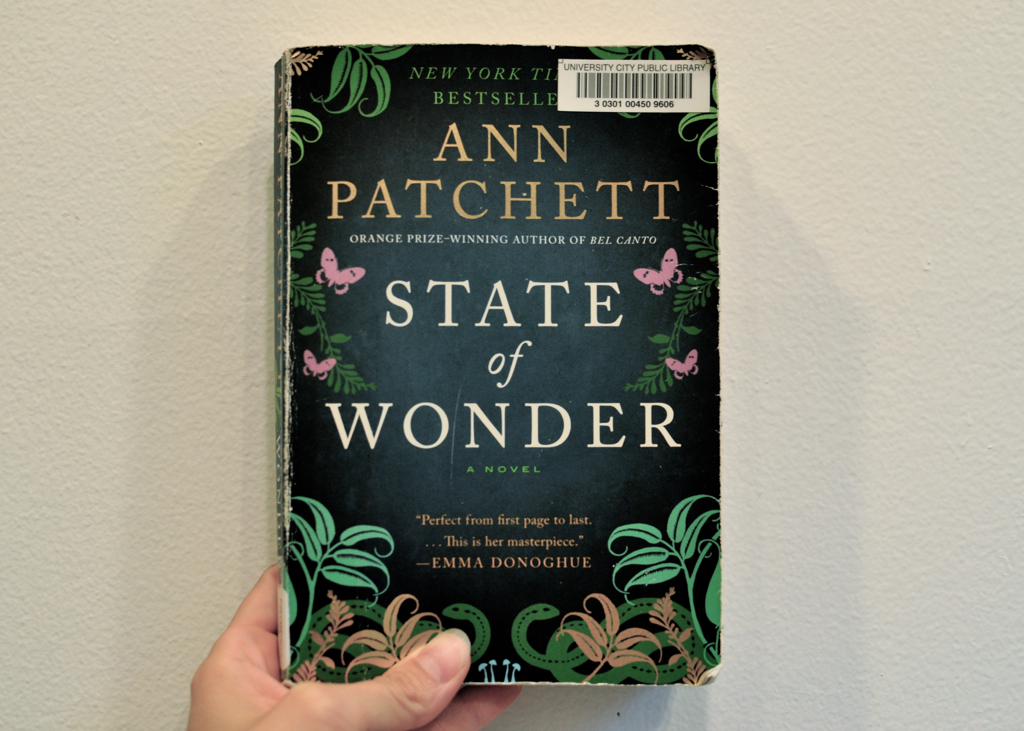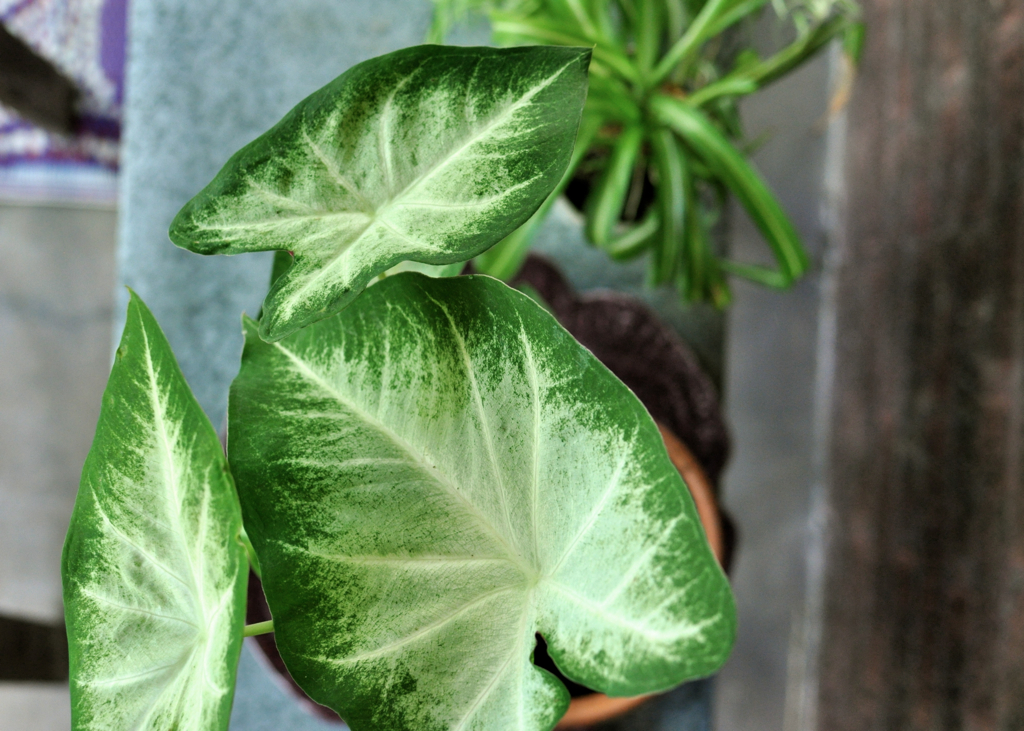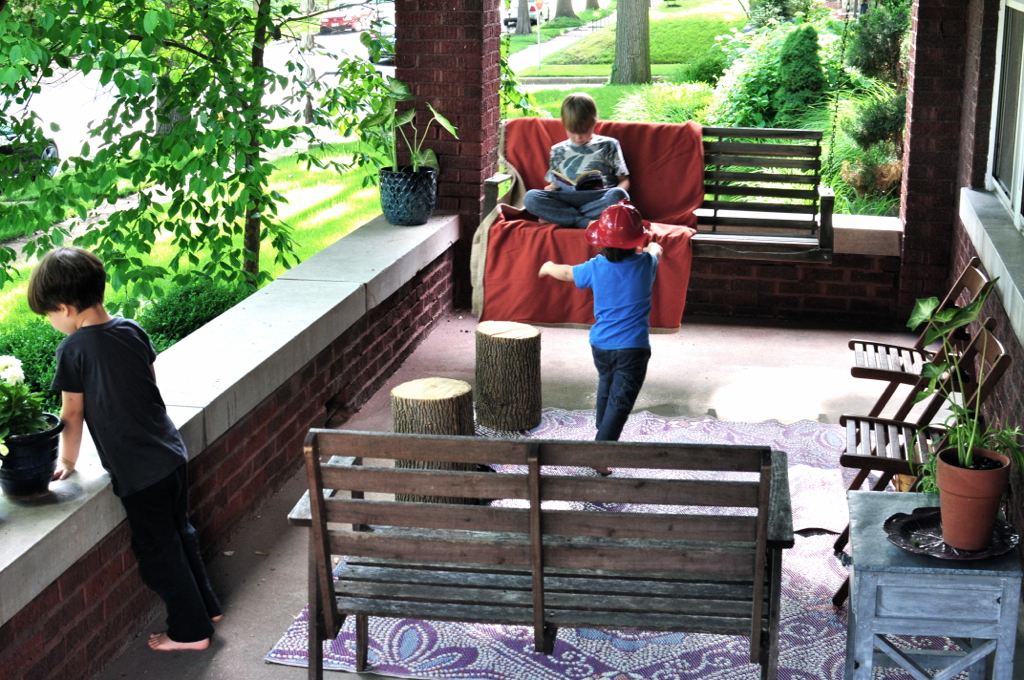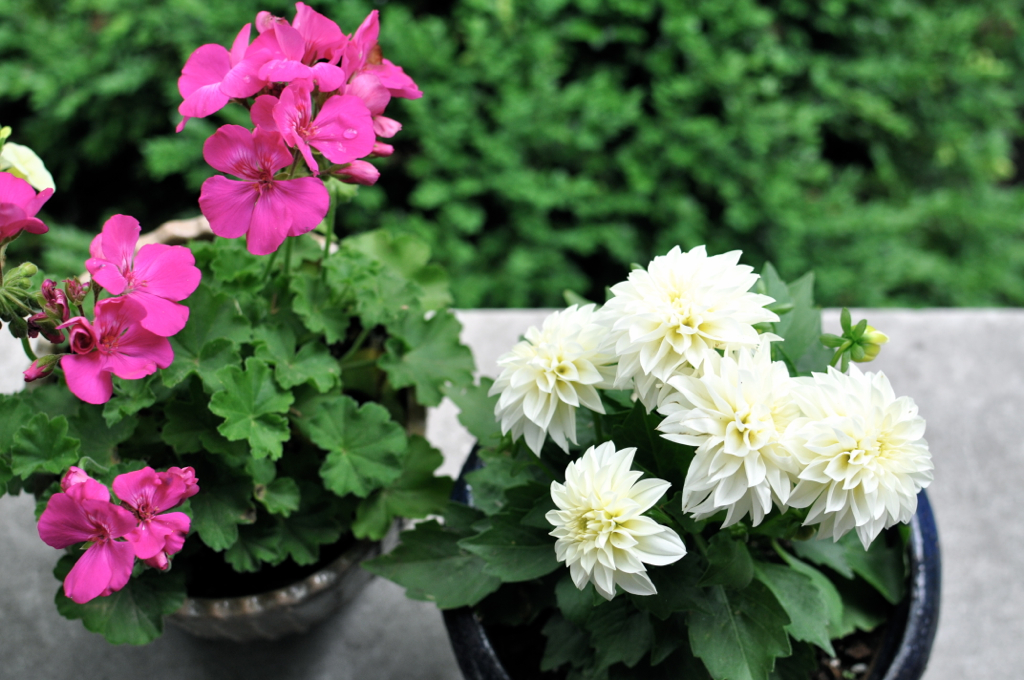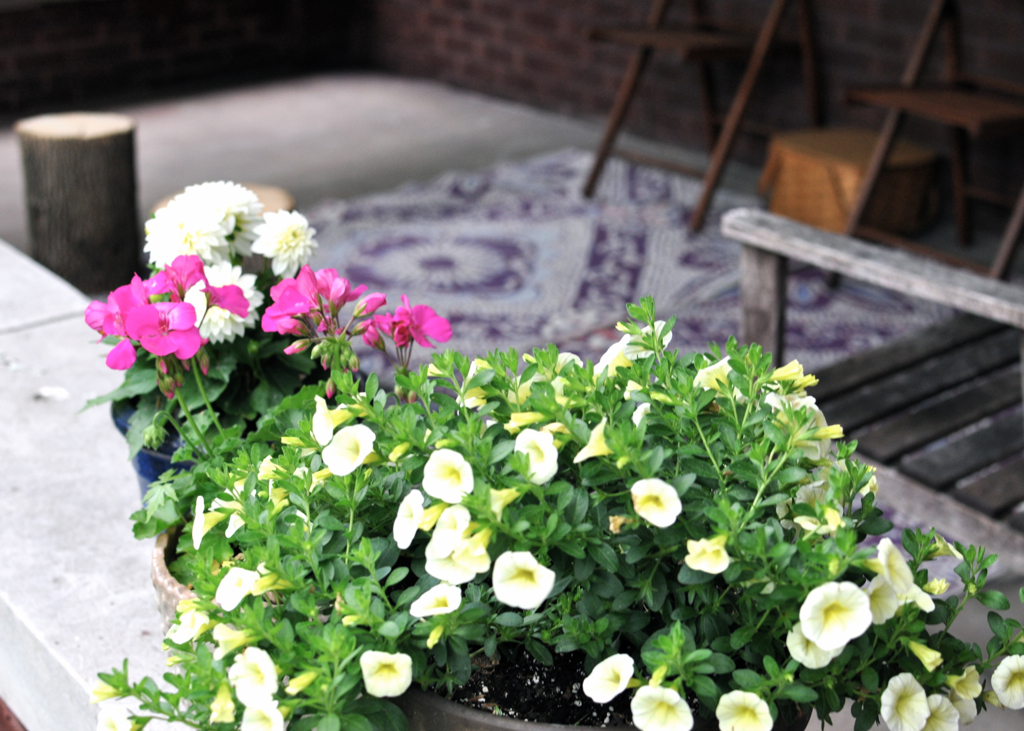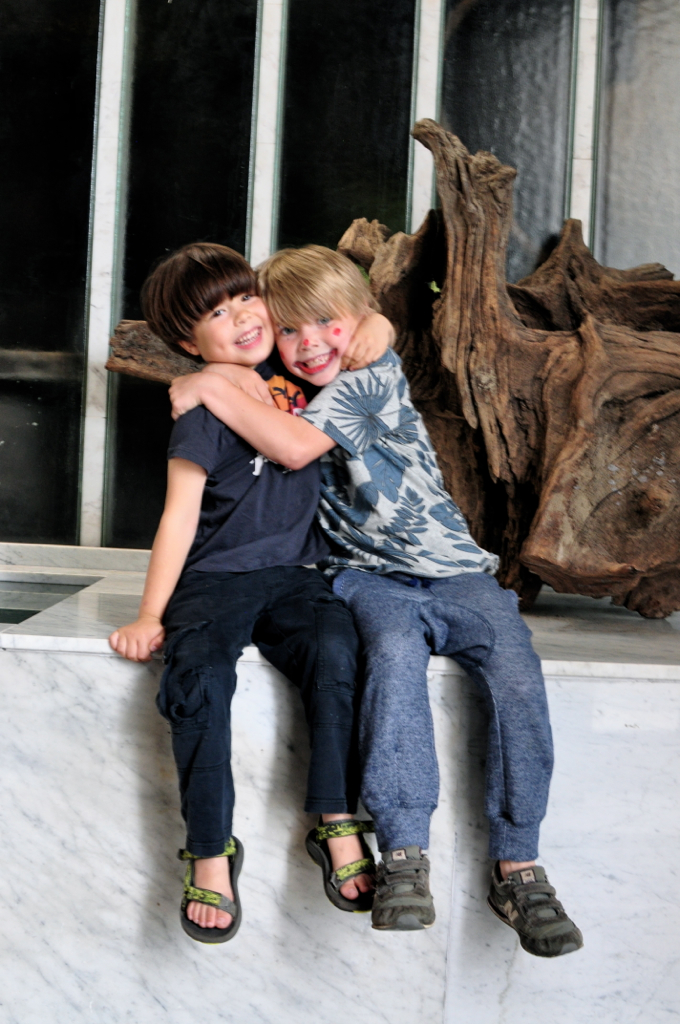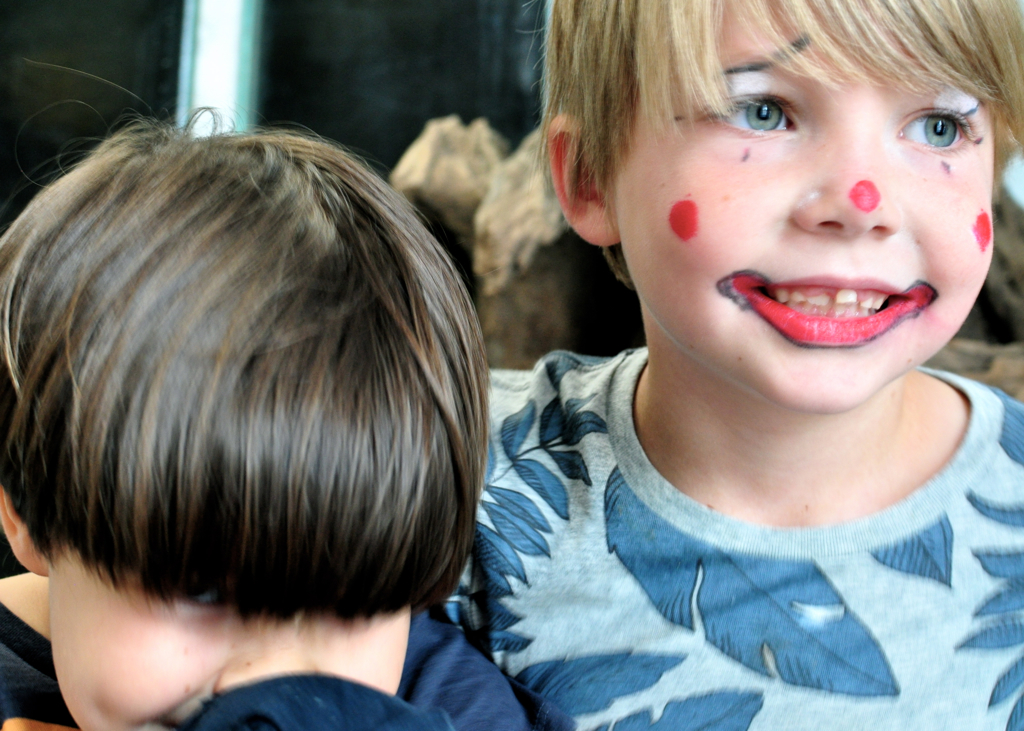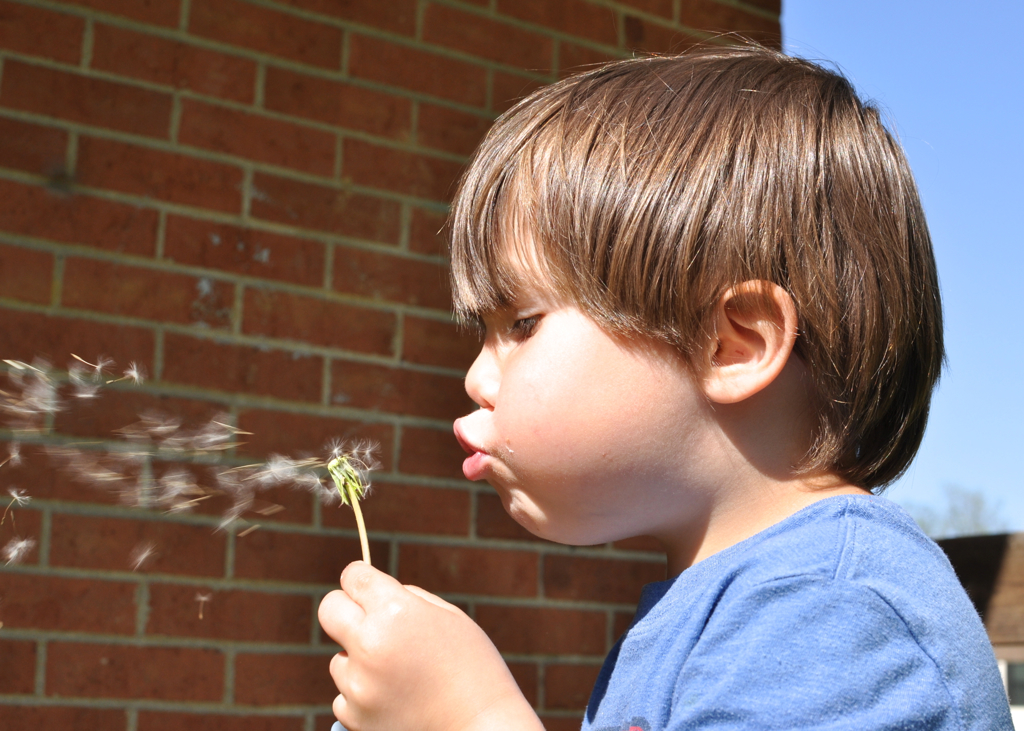 Last week, I posted a bit on teaching our children “the art of happiness,” linking to an article I had written inspired by a book about the topic. I had written the article with enthusiasm and a strong memory of my best friend from an earlier time in my life (a more hectic but still rich and amazing part of my life), who had inspired me with her daily gratitude journal and the awareness that it took some work to be happy sometimes, that it took practice and hard work to stay out of the dark place some of us know too well.
Last week, I posted a bit on teaching our children “the art of happiness,” linking to an article I had written inspired by a book about the topic. I had written the article with enthusiasm and a strong memory of my best friend from an earlier time in my life (a more hectic but still rich and amazing part of my life), who had inspired me with her daily gratitude journal and the awareness that it took some work to be happy sometimes, that it took practice and hard work to stay out of the dark place some of us know too well.
Depression has threaded its way through my family tree for generations. There are secrets and mysteries surrounding the topic that I wish I could uncover and brush aside as easily as clearing the leaves from a dormant spring garden… but I can’t, and won’t. There is this story in every family, I’m certain. And I think that’s why, when faced with the slightest (intelligent, well-thought-out) resistance to what I had written, I became instantly defensive and let my words and thoughts flow too soon. Often I self-moniter and defer, realizing that each opinion is valued and justified and someone’s absolute truth and story. But you know, sometimes it touches a nerve. And so I reacted (in these comments). And despite my great desire to go back and erase my comments and emotional reactions, I let it stand, because well, I am human and real and can be bothered. No shame there. (Well, maybe a little -ha!).
But if I am to be honest, I have experienced melancholy and rough patches, intense anxiety after having Emil, but never depression. Never the all-consuming, energy- and life-sucking darkness that I have witnessed others fight against. The deepest sadness I experienced was at twelve years old, losing my father with whom I was intensely close, and is the bar with which I compare all other sadness; nothing ever hits that spot. I feel it still, a deep pit in my stomach when I allow it to enter, a stone I hold within me. But it was grief, not depression. It was a grief that has matured into something untouchable within me, grief into strength, an experience that no one can take from me, that I will never forget and would never want to forget if given the choice. It’s a depth that has helped me grow in the other direction, to experience absolute vulnerability and joy and love in my marriage and motherhood and friendships.
Happiness, however. What is this thing? And is it something we should actively seek? I appreciate the push from Veronika, Kristin, and Esther to think this through one more time, to play devil’s advocate. And I think the answer lies in the wording of the thing. Of course, as Kristin states, happiness is a feeling. Should we be seeking certain feelings over others? I don’t know, but I desire joy and feel it often in my life when I practice gratitude. I suppose I want my children to feel that joy and appreciation in the everyday things. I want them to go through life seeing the beauty of it, not taking it for granted.
So, yes, I see the value of practicing the art of happiness. Because I do believe that’s what it is — an art. It’s contentment with life, with community, with nature and art and science and literature and with one’s self. It’s being in touch with the universe and not overlooking all the amazing things right in front of our eyes. It’s feeling sadness and regret and jealousy and embarrassment and then moving past them because wow. How amazing is this life? How just utterly amazing and beautiful it is to be here while we are here. What a gift.

